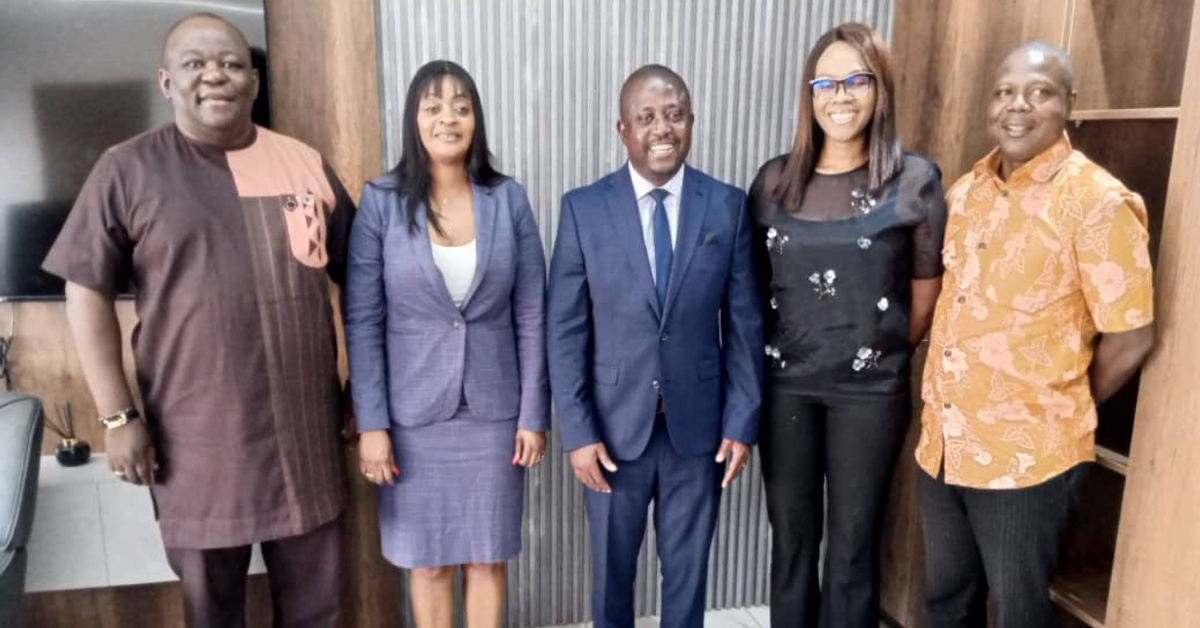The Attorney-General and his team, the Tripartite Coordinator and his team, and International IDEA held a meeting to review several technical decisions around the implementation of Recommendation 78 in the Tripartite Report, which deals with Sierra Leone’s electoral system.
The meeting outlined inclusive strategies for organizing and holding five regional consultations and a national dialogue.
These would involve every sector of society, including focus group discussions, targeted expert panels, academic paper presentations, and the recruitment of both international and local facilitators to guide the process of selecting the appropriate electoral system.
Legislative reviews are also underway. A team of eight lawyers—including an international legal expert—has been constituted to support the drafting of legal provisions to fit into the appropriate legislation. International IDEA is funding the international legal expert, two home-based legal experts, and three interns. Their work is set to follow a three-month timeline.
At the meeting held in his office, the Attorney-General stated: “Sierra Leone has to make this deliberate choice. The public must determine the framework for casting their votes and electing their representatives. Our democracy must be driven by the collective decision of the people governed by it.”
Recommendation 78 mandates a national dialogue on the choice of an electoral system—between the district proportional representation and the first-past-the-post systems—for parliamentary and local council elections.
The technical and consultative nature of the Tripartite Secretariat’s work—including partner engagement, concept development, and funding mobilization—has proven daunting.
According to the Coordinator of the Tripartite Steering Committee Secretariat (TSCS), mini consultations with institutions and stakeholders will precede the general public consultations.
Plans are underway for meetings with political parties, professional groups, civil society organizations (CSOs), the media, and private sector representatives. For Ngolo Katta, such engagements are vital in informing the public about the national dialogue and other technical matters surrounding the two electoral systems.
“We at the Tripartite Secretariat are aware of the seriousness of the work ahead. Together with our partners and in consultation with political parties and institutions involved, we are developing and finalizing the tools that will guide the national consultations. Ultimately, it is the people of Sierra Leone who will decide which electoral system will be used,” he said.
The timeline for this activity is under review. Meetings are ongoing with institutions and actors to gather input and ensure broad participation. The Secretariat is preparing to recruit both an international and a local facilitator for the regional consultations and the national dialogue. It is also engaging with government and development partners to secure the necessary funding.
On Tuesday, the Coordinator briefed a technical team of development partners at the UN conference room, emphasizing the need for inclusive approaches in hosting the national dialogue. Mr. Katta was visibly passionate in responding to a barrage of questions about implementing the Tripartite recommendations. “Government has provided seed money to establish the Secretariat, and we are progressing. The work is intensive, the engagements are many, the views are diverse and enriching—but the funds are yet to arrive. And they must arrive,” he stressed.
At a separate meeting on Monday, Mr. Katta told the UN Resident Coordinator and the UNDP Resident Representative that the UN system—being the world’s leading multilateral organization—has been and should continue to be a key partner of the Government of Sierra Leone. He emphasized that the Tripartite process warrants active attention as it supports democratic consolidation












We need justices in sierra Leone.